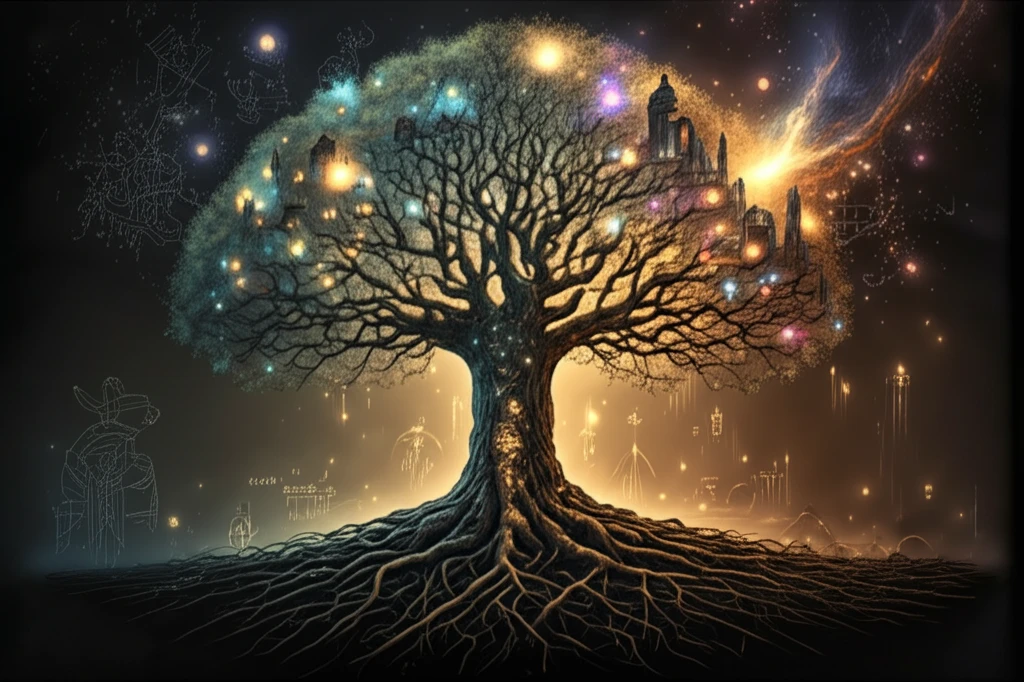
Darwinism and Religion: Can Science and Faith Coexist?
"Exploring the dialogue between Darwin's theory and religious beliefs in the 21st century."
The relationship between Darwinism and religious beliefs has been a contentious issue since the publication of On the Origin of Species. This debate unfolds on multiple levels, often framed as a conflict between evolution and creationism.
However, another perspective suggests a potential compatibility between Darwinism and religious worldviews. Proponents of this view argue that evolution and faith can coexist, enriching our understanding of the universe and our place within it.
This article aims to explore the nuances of this dialogue, examining the historical context, key arguments, and potential avenues for reconciliation between science and religion. By understanding the complexities of both Darwinism and faith, we can foster a more informed and respectful conversation.
Understanding the Historical Context: Autonomy and Dialogue

The quest for autonomy in various fields, including science and religion, has been a defining characteristic of modernity. Just as music, poetry, and law have their distinct domains, so too do science and religion. Each should possess the freedom to explore its respective sphere of inquiry without undue interference.
- Mutual Respect: Recognizing the value and legitimacy of different perspectives.
- Intellectual Humility: Acknowledging the limitations of one's own knowledge and understanding.
- Creativity: Exploring new avenues for connection and synthesis.
- Diligence: Engaging in the hard work of understanding complex issues.
Navigating the Future of Science and Faith
The relationship between science and religion, particularly Darwinism and Christianity, has been historically complex, marked by both conflict and attempts at harmonization. While irreconcilable differences persist between certain interpretations, particularly those of creationists and dogmatic scientific materialists, there remains significant potential for compatibility. By prioritizing mutual autonomy and cooperative dialogue, we can foster a more nuanced and enriching understanding of both the natural world and our spiritual existence.
